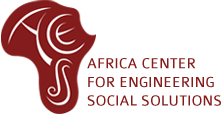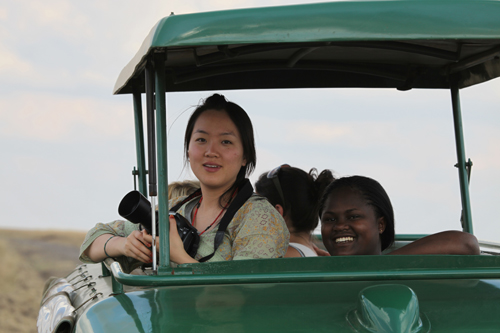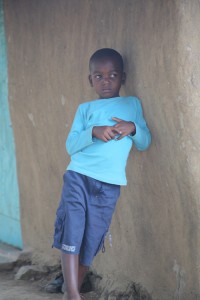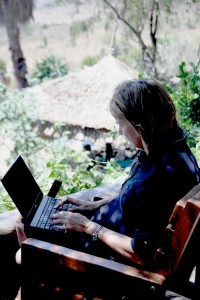Web Extras for "Into Africa" (Winter 2011)
Go Deeper Into Africa
• More about the Africa Center for Engineering Social Solutions (ACESS)
• Comments from this year’s MHC student participants
• Photo of Kenyan people and places
• Lynn Pasquerella’s Kenyan blog
•  The Web site for the Africa Center for Engineering Social Solutions (ACESS) says it is “rural Africa unleashed.”
The Web site for the Africa Center for Engineering Social Solutions (ACESS) says it is “rural Africa unleashed.”
The Africa Center for Engineering Social Solutions is a new homegrown approach to economic empowerment. Combining developed world strategy and developing world culture, the ACESS model taps Africa’s talent to generate income for entrepreneurs and farmers at every level in the value chain. Each ACESS franchise acts as a cooperative with the capacity to manufacture tools, train farmers, sell farm inputs, and process and sell farm outputs. It’s a model for sustainable growth throughout rural Africa.
• A few words from this year’s MHC student participants
Comments from Hilda Barasa ’12:
I’ve always been “gung-ho” about being a change-maker in the world. My summer with ACESS and Lynn, however, made me realize that change needs to have a “trickle up” effect.
Working with real people in rural Kenya, helping to provide clean water and realizing sanitation and economic empowerment goals, revealed to me the great disconnect between policies of development and their actual implementation. I learned that development meant forgetting about academia for a while and immersing yourself in a community, hearing what its members have to say, and learning about their own ideas for their community.
I’d love to continue being a part of ACESS and its work in Kenya. I am planning on applying for the Davis Peace Project grant to facilitate more involvement with the group next summer.
Comments from Yiting Wang ’11
Since mid-May, I had been interning at the United Nations Environmental Program, headquartered in Nairobi, Kenya. I knew of Lynn’s plans to come to Kenya and contacted her. The encounter was unexpected, but I worked with the team because of my interests in international sustainable development, and my involvement with a youth organization here in Kenya called African Youth Initiative on Climate Change Kenya Chapter (AYICC-K).
This experience represents a development model that I have never seen before— It stands away from the usual political diplomacy of official development assistance, and the approach is from a civic angle.
Each person on the team contributes to the goal while empowering and inspiring one another. [For example], three students from the University of Hartford taught workers at the local construction company how to assemble the press and make the mold for the ceramic filter [used to improve drinking-water safety]. The workers then offered their own thoughts on the technology and shared how they might make the press with locally available materials!
The whole project [reflects] the fundamental importance of the combination of higher education and its coursework, and putting that education into a real setting to create a better world for you and me. It is in Kenya where this concept has taken shape in front me.
•Photo : Get to know Kenyan people and places through the photographs of John Kuchle (a professional photographer who also happens to be married to President Pasquerella).
• Kenya Blog: For a day-by-day, first-person account of the trip, see President Pasquerella’s blog entries here. Note: they are displayed starting with the last entry; see the side column listings for earlier posts.
December 1, 2010









